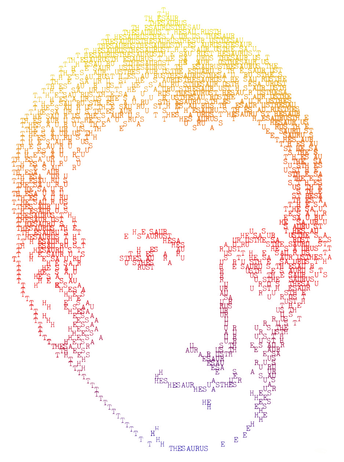Peter Mark Roget1779–1869
Roget was a trenchant opponent of phrenology, and his views were countered by the leading exponents of the subject. One reviewer described him as “an anti-phrenologist of some eminence”. His opposition to phrenology was based on distrust of arguments by analogy and on the absence of clear evidence supporting the associations advanced by its adherents, and it was expressed in the Supplement to the Fourth, Fifth, and Sixth Editions of the Encyclopædia Britannica. (1824). Phrenology was considered to be a branch of physiology and evidence for it was subjected to similar examination. Neither phrenology nor phrenologists fared well from such scrutiny: “With minds capable of allowing any weight to such observations, and imbued with such notions of the nature of philosophical induction, as are implied by the grave admission of such frivolous arguments as these, the investigation of the laws of nature must be an easy and delightful task. With the abundant and all powerful resources, which their indulgent method of reasoning is ever ready to supply, all difficulties may be smoothed away, all chasms immediately filled up, and all obstacles made to vanish the moment they arise”. Roget was aware of two pitfalls into which he believed that the phrenologists had stumbled. The first was argument by analogy and the second related to the understanding of the brain and the difficulties of observing its structure, let alone its function: “But the living brain can never be exposed to observation, and, from the nature of its substance, loses much of its form and texture soon after death. It may appear impossible to discover the form or size of particular parts of the brain during life, since the whole mass is inclosed in the bony case of the skull, of which the thickness varies in different parts”. Roget was trained in medicine at Edinburgh and wrote on all manner of scientific topics, including the senses and physiology. However, little of this is remembered because of the phenomenal success of his Thesaurus published in 1852, after he had retired from a life as a man of medicine, and as an organiser of science par excellence. Its success has all but obliterated the memory of his science generally, and of his perception in particular. Roget’s portrait is defined by the word with which he is associated: using a manual typewriter the letters of the word THESAURUS were typed from left to right on each line with the spaces between them suggesting his facial features.
